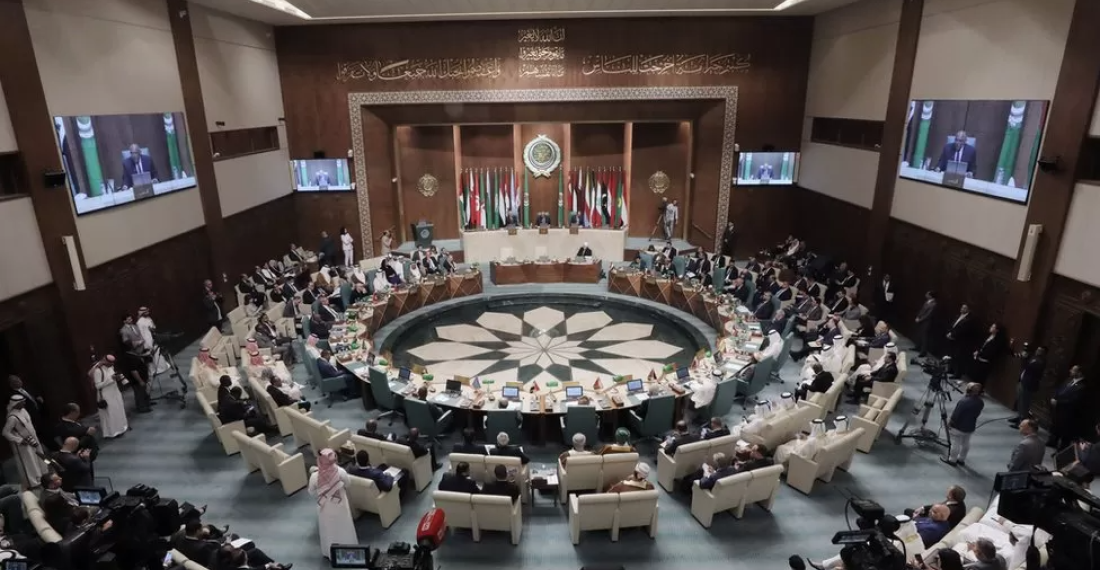Syria has been readmitted to the Arab League 11 years after its membership was suspended over the government's violent crackdown of pro-democracy protests in 2011 that led to the outbreak of the Syrian Civil War.
In a meeting of 13 out of 22 foreign ministers at the Arab League's headquarters in the Egyptian capital Cairo on Sunday (7 May), they agreed to "resume the participation of the delegations of the government of the Syrian Arab Republic in the meetings of the Council of the League of Arab States", according to a statement.
The Arab League Secretary General Ahmed Aboul Gheit also told journalists on Sunday that Syrian President Bashar al-Assad could participate in the upcoming Arab League summit in Saudi Arabia if he is invited and if he wants to attend.
Syria conflict resolution is a "step-by-step matter"
In the statement released after the vote to readmit Syria, which was reportedly not unanimous, the Arab League said that the "resolution of the Syria conflict is a step-by-step matter", of which Syria's readmission to the group was only a first step. The statement added that the Arab League supports Syria's territorial integrity and the "withdrawal of all foreign forces" from the country.
On their part, the Syrian foreign ministry said it had received the League's decision "with great attention" and called for "greater Arab unity and partnership".
The US and UK have criticised the move, however. A US state department spokesperson said that Syria did not deserve to be reinstated, but added that the US supports the Arab League's desire to resolve the Syrian crisis.
Meanwhile the UK's Minister of State Foreign Commonwealth & Development Affairs, Lord Ahmad, said the UK remained "opposed to engagement with the Assad regime" and claimed that President Assad continues to "detain, torture and kill innocent Syrians".
The Arab League will meet in Riyadh on 19 May.






